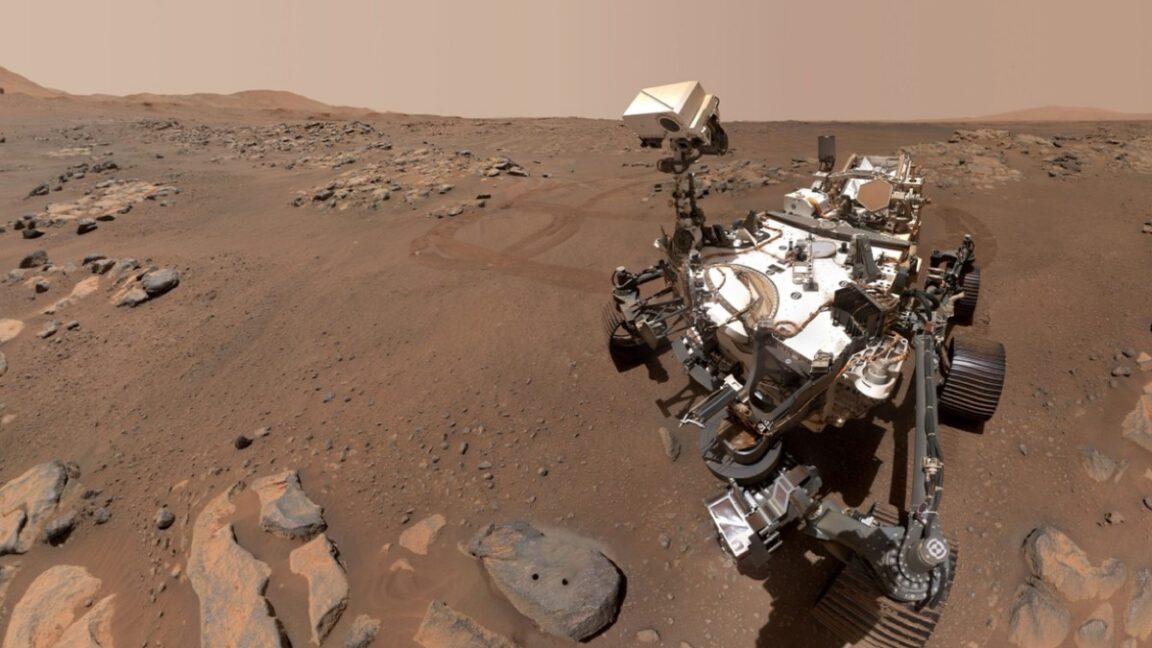
ai vs maga populists alarmed by trump Recent events have highlighted a significant divide within the Republican Party regarding the adoption of artificial intelligence (AI) and its implications for American society.
ai vs maga populists alarmed by trump
Contrasting Views on AI in the GOP
Last week, the White House hosted a gathering of Silicon Valley executives, where Melania Trump extolled the virtues of artificial intelligence, describing it as potentially “the greatest engine of progress in the history of the United States of America.” This statement reflects a growing enthusiasm among some Republican leaders for the transformative potential of AI technologies. The event underscored a vision of AI as a catalyst for innovation, economic growth, and enhanced national competitiveness.
However, just a short distance away, a starkly different narrative was being presented. In a hotel ballroom filled with supporters of the MAGA movement, Senator Josh Hawley of Missouri voiced his concerns about AI, warning that it “threatens the common man’s liberty” and could undermine the Republic itself. This divergence in perspectives illustrates a broader ideological rift within the party, particularly as it grapples with the implications of rapidly advancing technologies.
The Embrace of AI by Establishment Republicans
The enthusiasm for AI among establishment Republicans is not merely a passing trend; it reflects a strategic alignment with the tech industry, which has been a significant driver of economic growth in recent years. Proponents argue that AI can lead to job creation, increased productivity, and improved public services. By fostering a favorable environment for innovation, they believe that the U.S. can maintain its leadership in the global economy.
During the White House event, tech leaders emphasized the importance of collaboration between government and industry to harness AI’s potential. They highlighted initiatives aimed at developing ethical frameworks for AI deployment, ensuring that technology serves the public good while also promoting economic interests. This approach aligns with a broader narrative that positions technology as a solution to many of society’s challenges.
Concerns from the MAGA Base
In contrast, the MAGA faction of the Republican Party, represented by figures like Hawley, expresses skepticism and concern regarding the rapid adoption of AI. Their apprehensions are rooted in a belief that technology can exacerbate existing inequalities and threaten individual freedoms. Hawley’s remarks resonate with a segment of the population that feels alienated by the pace of technological change and fears that it may lead to job displacement and increased surveillance.
This perspective is not unique to the Republican Party; it reflects a broader societal concern about the implications of AI and automation. Many individuals worry that the benefits of technological advancements are not evenly distributed, leading to a widening gap between the affluent and the working class. For these critics, the embrace of AI by prominent figures within the GOP raises questions about who truly benefits from such advancements.
The Political Landscape and AI
The contrasting views on AI within the Republican Party are indicative of larger trends in American politics. As technology continues to evolve, it is becoming a focal point for political discourse, with implications for both policy and electoral strategy. The divide between establishment Republicans and the MAGA base highlights the challenges the party faces in navigating these complex issues.
AI as a Political Tool
AI is increasingly being recognized as a powerful tool for political campaigns. From data analytics to targeted advertising, AI technologies are reshaping how candidates engage with voters. The ability to analyze vast amounts of data allows campaigns to tailor their messages and outreach efforts, potentially increasing their effectiveness.
However, this also raises ethical questions about privacy and the manipulation of information. Critics argue that the use of AI in politics can lead to the spread of misinformation and the erosion of democratic norms. As the Republican Party grapples with its identity and direction, the role of AI in shaping political narratives will likely become a contentious issue.
Implications for Policy
The differing perspectives on AI within the GOP could have significant implications for future policy decisions. If establishment Republicans continue to champion AI as a driver of progress, we may see increased investment in technology initiatives, research funding, and regulatory frameworks aimed at fostering innovation. This could lead to a more favorable environment for tech companies and startups, potentially boosting economic growth.
Conversely, if the MAGA faction gains influence, we may witness a push for stricter regulations on AI and technology companies. This could manifest in calls for greater oversight of data privacy, ethical considerations in AI deployment, and protections for workers displaced by automation. Such a shift could fundamentally alter the landscape of technology policy in the United States.
Stakeholder Reactions
The reactions to these contrasting views on AI have been varied, with stakeholders from different sectors weighing in on the implications of the GOP’s internal divide. Tech industry leaders have generally expressed support for the establishment’s embrace of AI, emphasizing the need for collaboration between government and industry to ensure responsible development and deployment of technology.
On the other hand, grassroots activists and organizations aligned with the MAGA movement have voiced concerns about the potential negative consequences of AI. They argue that the technology could exacerbate existing inequalities and undermine the values of individual liberty and personal privacy. This tension between innovation and caution is likely to shape the discourse around AI in the coming years.
The Role of Public Opinion
Public opinion on AI is also evolving, with many Americans expressing both excitement and apprehension about the technology. Surveys indicate that while a significant portion of the population recognizes the potential benefits of AI, there are also widespread concerns about job displacement, privacy, and the ethical implications of AI decision-making.
This ambivalence presents a challenge for political leaders as they seek to navigate the complexities of AI policy. As the Republican Party grapples with its internal divisions, it will need to consider the views of its constituents and the broader public in shaping its approach to technology and innovation.
Conclusion: Navigating the Future of AI in Politics
The contrasting views on AI within the Republican Party reflect a broader tension in American society regarding the role of technology in our lives. As establishment Republicans embrace AI as a driver of progress, the MAGA base raises important questions about the implications for individual liberty and social equity. This divide is likely to shape the political landscape in the coming years, influencing policy decisions and electoral strategies.
As the debate over AI continues, it will be crucial for political leaders to engage with the concerns of their constituents and seek a balanced approach that promotes innovation while addressing the ethical and social implications of technology. The future of AI in American politics will depend on how these complex issues are navigated and the extent to which leaders can find common ground amidst their differences.
Source: Original report
Was this helpful?
Last Modified: September 10, 2025 at 8:36 pm
0 views















